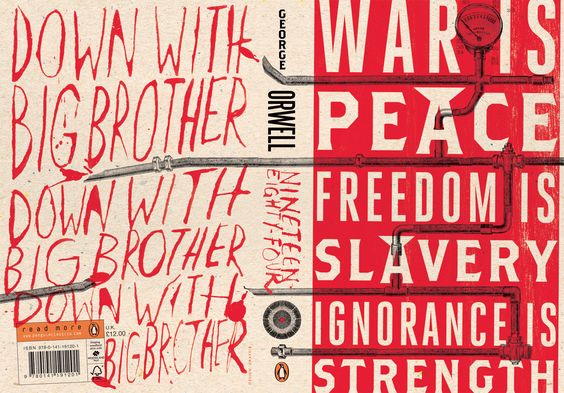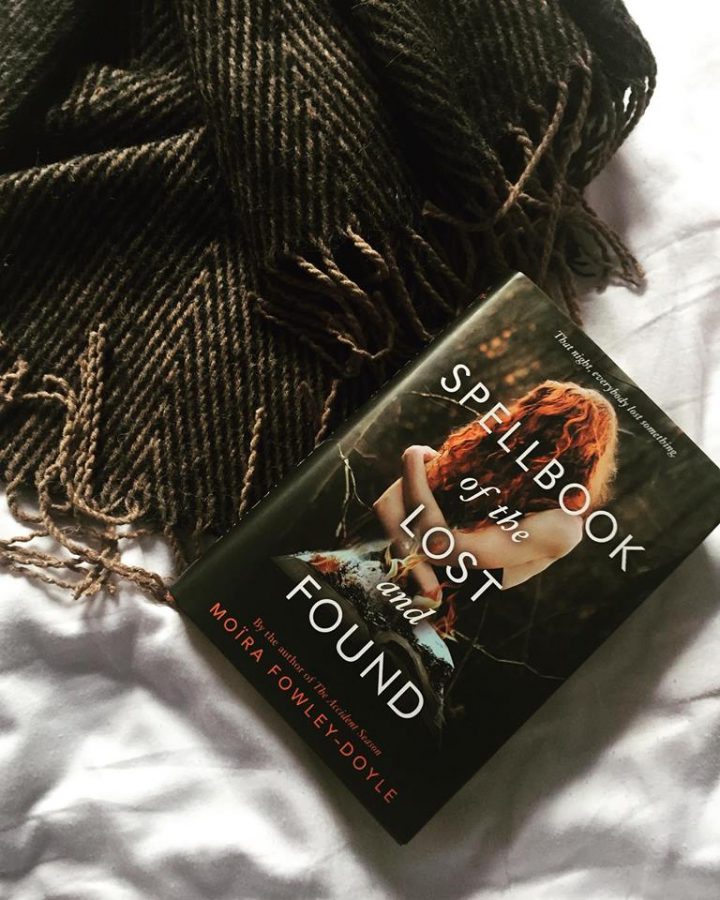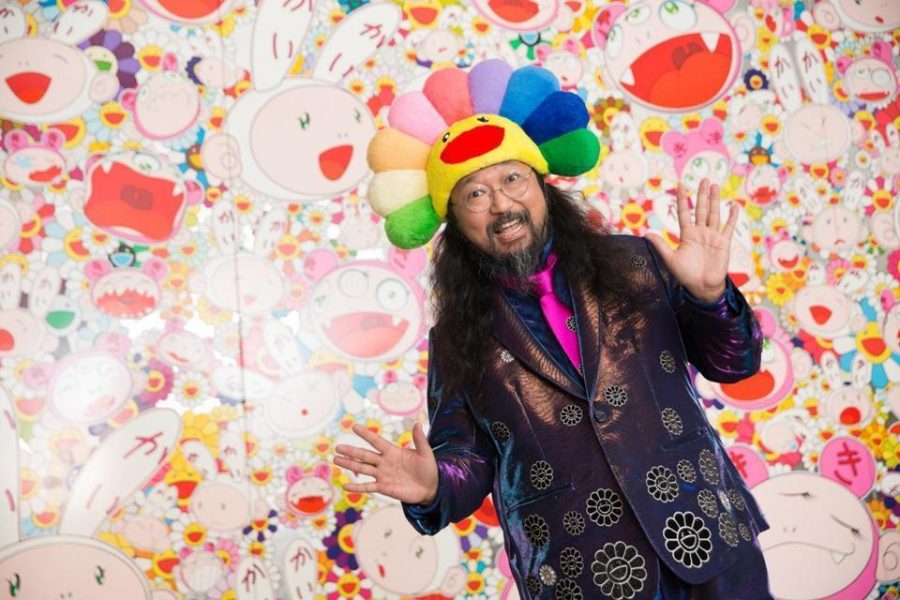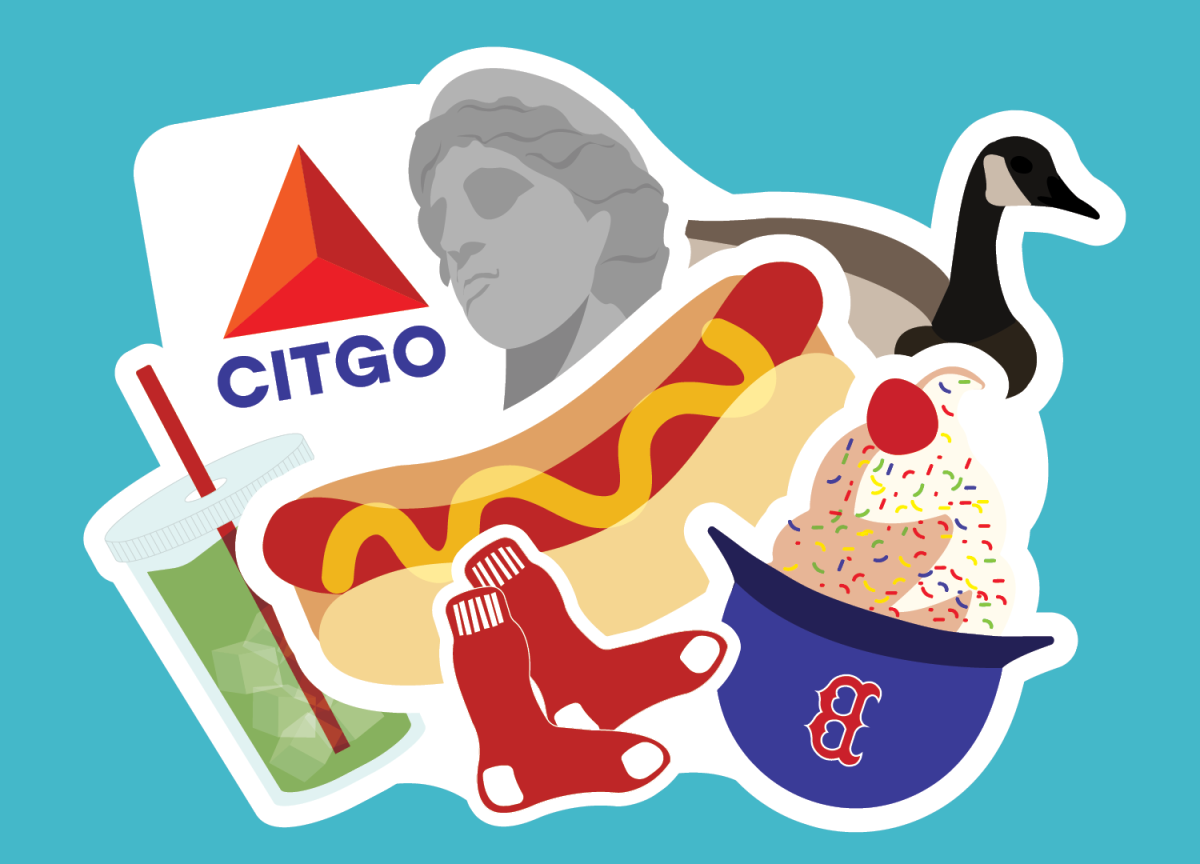“And when memory failed and written records were falsified—when that happened, the claim of the Party to have improved the conditions of human life had got to be accepted, because there did not exist, and never again could exist, any standard against which it could be tested.”

The above quote is from George Orwell’s novel 1984. He explains that if the government has the power to falsify information presented to the public and the ability to prevent people from accessing records, then no one can argue against the government. In the past few days, Donald Trump’s administration has eerily mimicked this exact notion.
Trump counselor Kellyanne Conway stated that the lies told during a press conference were simply “alternative facts.” Trump declared a war against the media, stating that journalists are liars who personally attack him and thus should not be trusted. He desires a media blackout for the Environmental Protection Agency (EPA), meaning the public will not be informed of environmental dangers. When the acting attorney general defied Trump’s immigration order, he fired her. Trump wants people to listen to his words and his words alone, a quality resembling that of a totalitarian leader. It is no wonder “1984” is currently a best-seller again. People used to perceive the story as unrealistic, but after witnessing Trump’s demands, it is now feasible. The public is looking to dystopian novels in an attempt to learn techniques on how to fight an oppressive government. The real question here is, can the novels help? The answer—definitely.
Books are guides; they provide the readers with complex situations which the characters must confront. As we read, we are following the actions and thoughts of the characters. This provides insight into how the person successfully or unsuccessfully handles a problem. We learn from the failures as well as the successes.
From 1984, readers can learn that the way to combat the perspective the government wants you to have is to not let it get to you. It explains that if people remind themselves that what they are hearing is false they will not succumb. In today’s world, that means fact-checking. If an article mentions a study’s data, look up the study. If a source says a problem has been remedied, check a few other sources to verify. Question what is being presented to you.
The novel also explains that treasuring diversity is a good thing. Nothing is more terrifying than being surrounded by people who look and think the same. Diversity equals different perspectives. Different perspectives leads to you forming your own opinions. A government cannot force you to change your opinions and beliefs.
A few other popular dystopian novels that apply to the Trump administration are Fahrenheit 451 and It Can’t Happen Here. In It Can’t Happen Here, a charismatic man is elected the President of the United States after promising extreme economic reforms and boosting patriotism in the public but then creates a totalitarian regime. Surreal, right? His power diminishes when the public realizes his promises were fake and run away to Canada and Mexico. The lesson here is not to run away, but to reveal that vows to create economic growth/job opportunities were empty promises. The sooner supporters realize this the less power he will have.
The society in Fahrenheit 451 destroys disagreeing viewpoints by burning novels and distracting the public with irrelevant media. Trump has a habit of distracting us with his tweets when there are larger problems occurring. We are so focused on what he says that we become ignorant. No books have burned yet and we are going to keep it that way.
Books can give us power; use knowledge as your weapon against the unjust. Let the lessons from the stories guide you to take a stance. Read, resist, rebel.


















